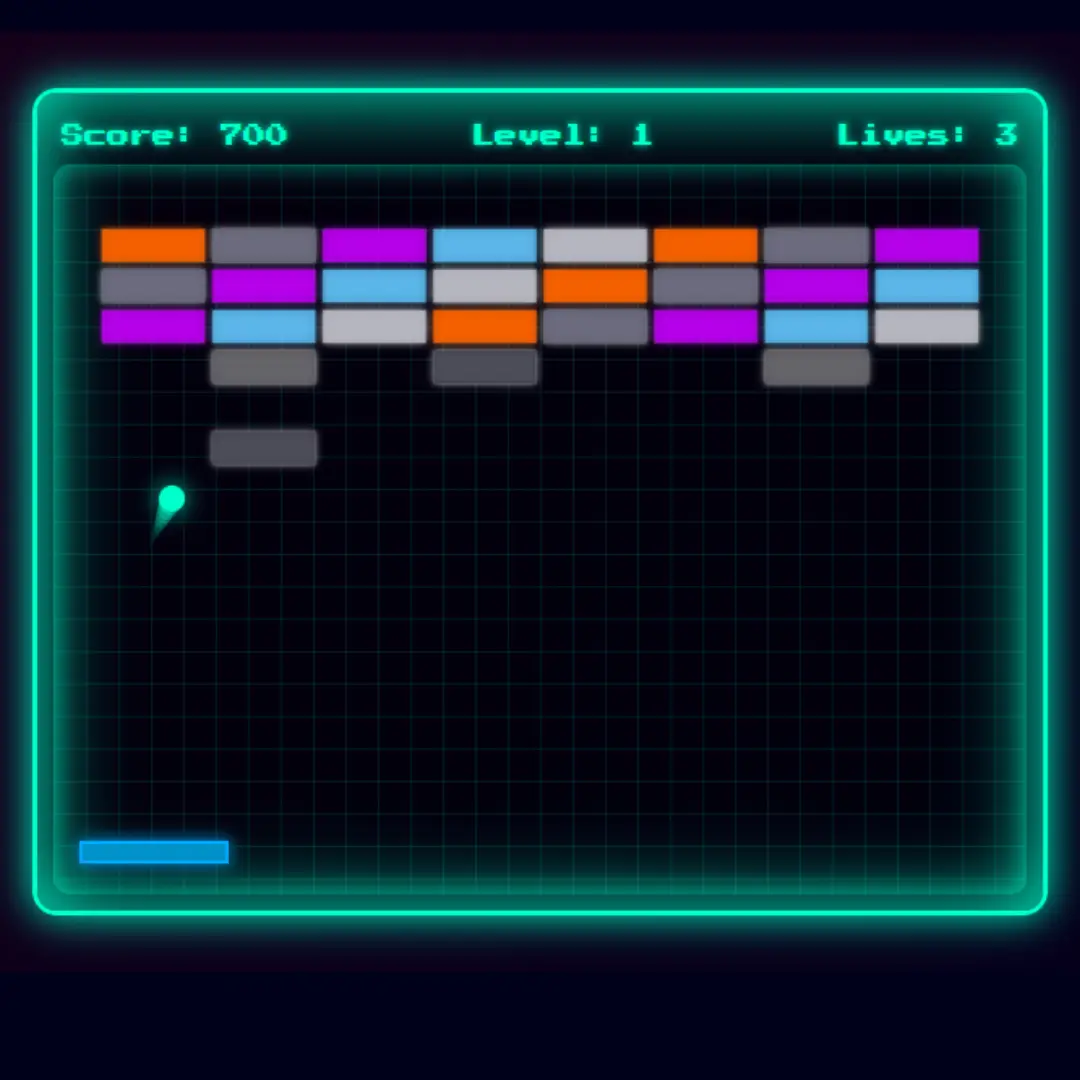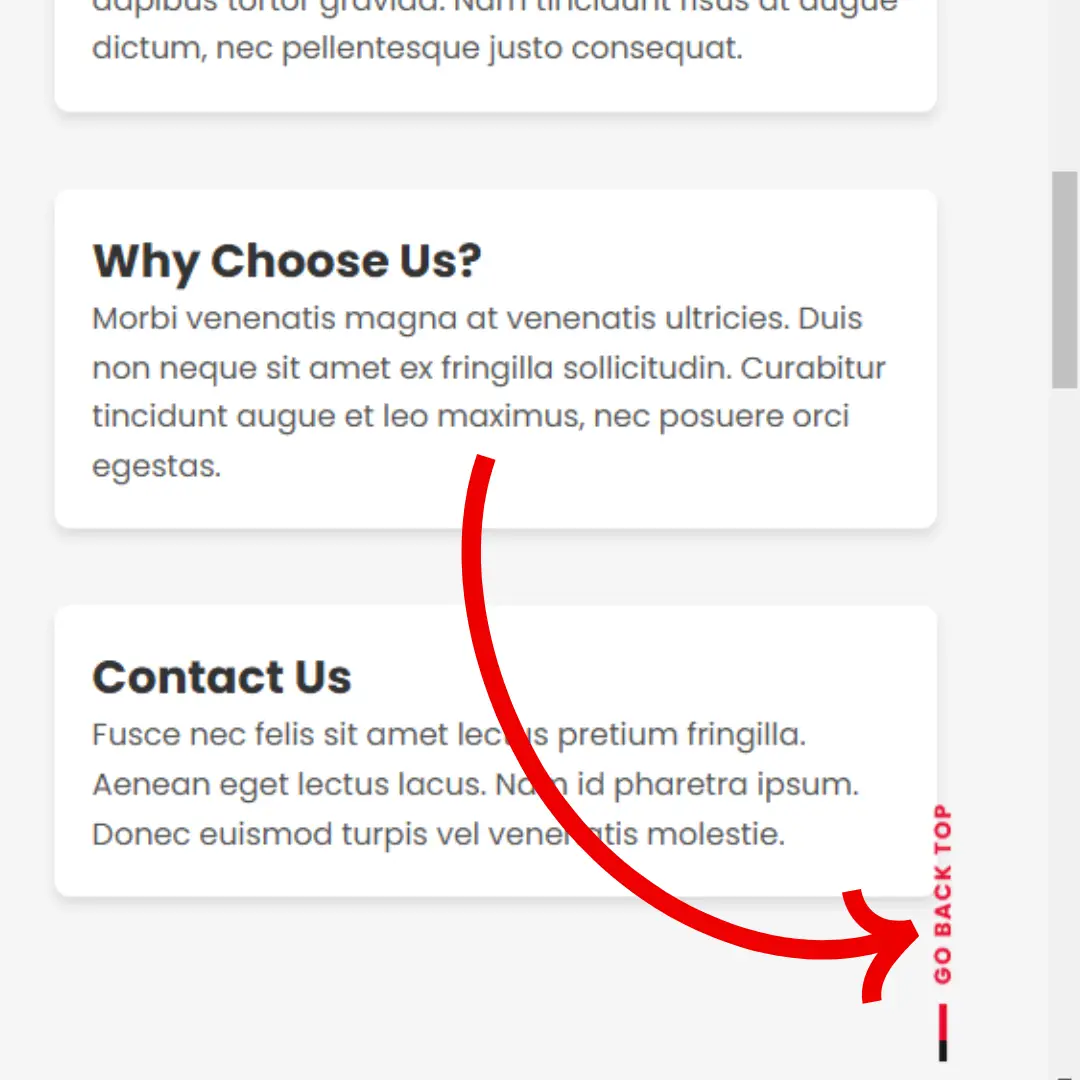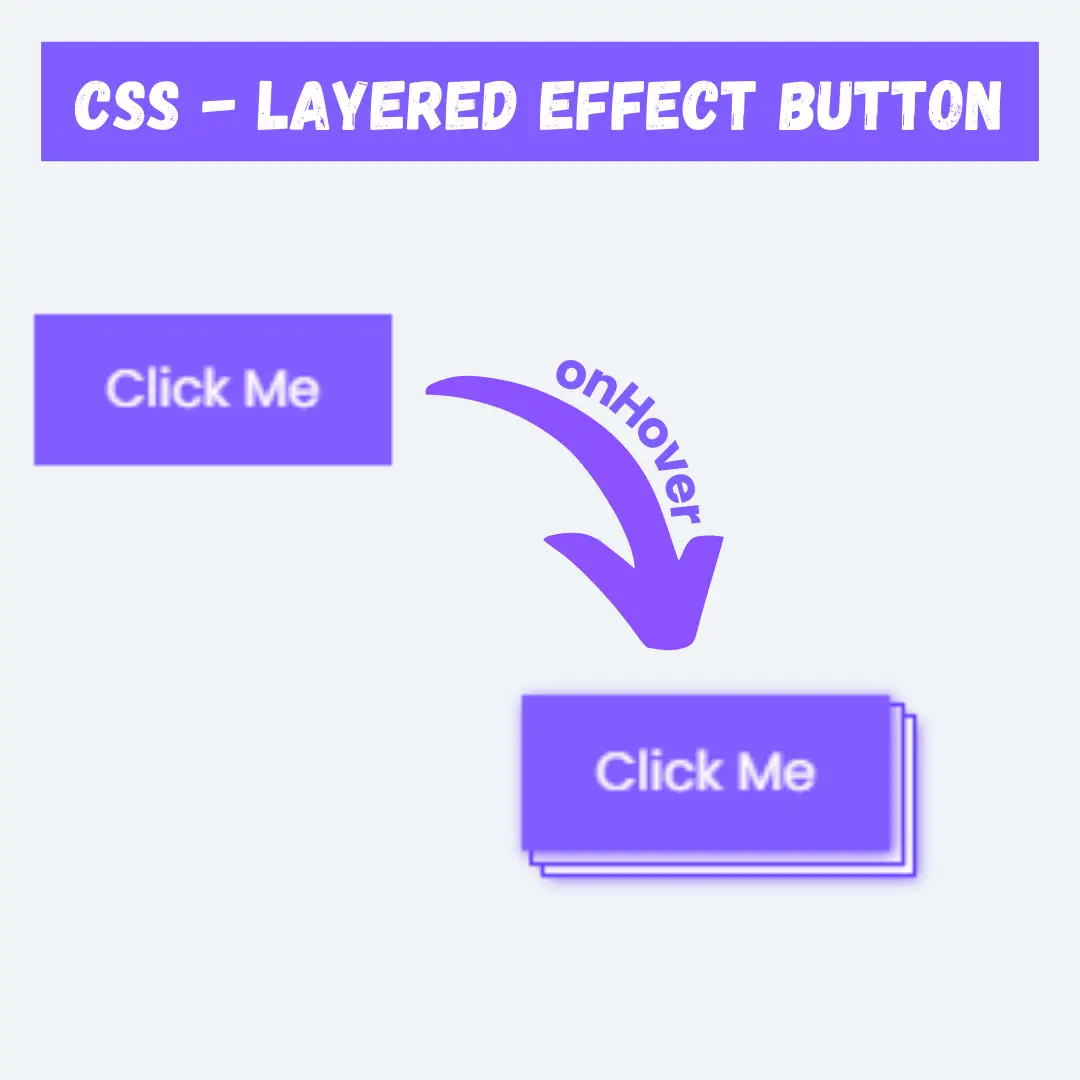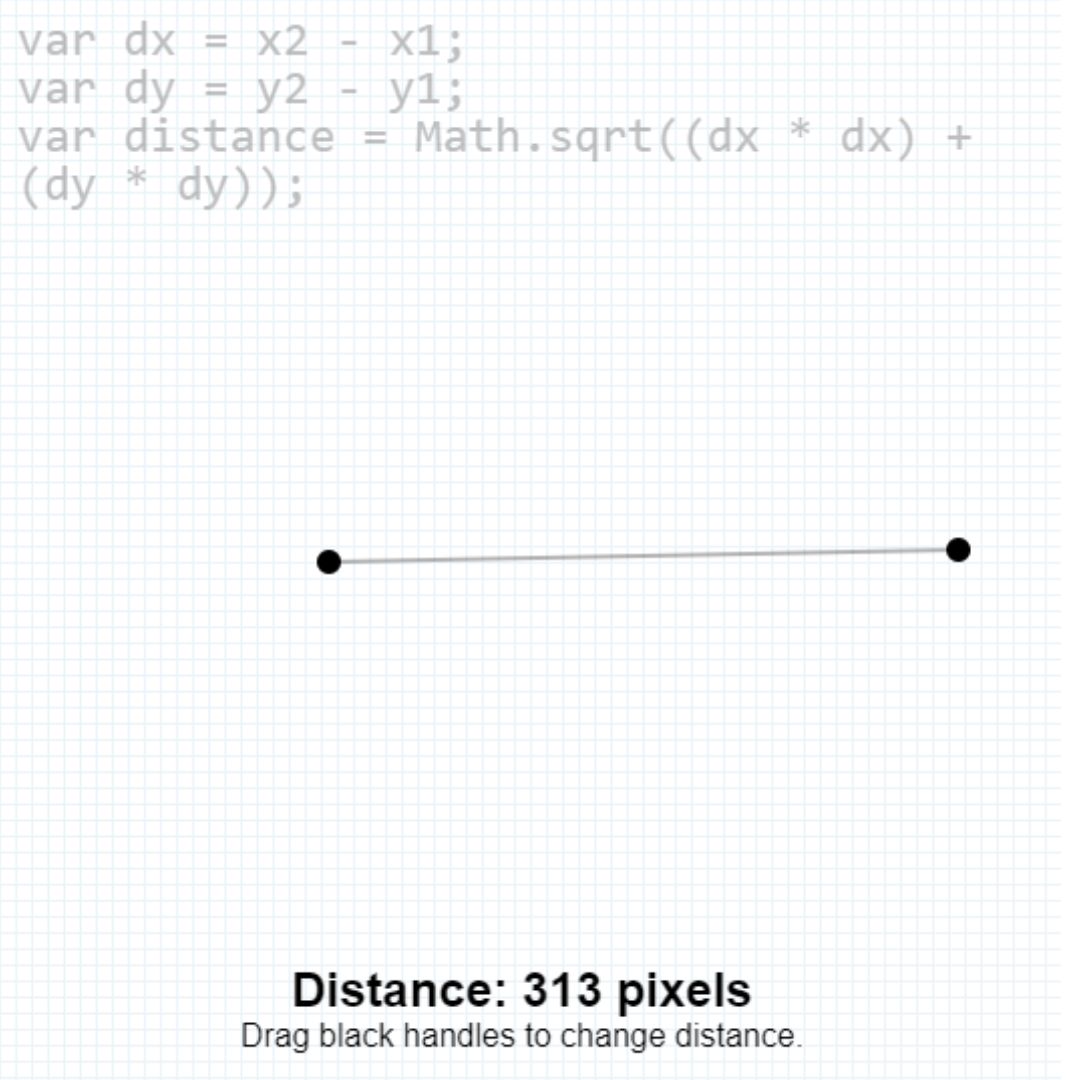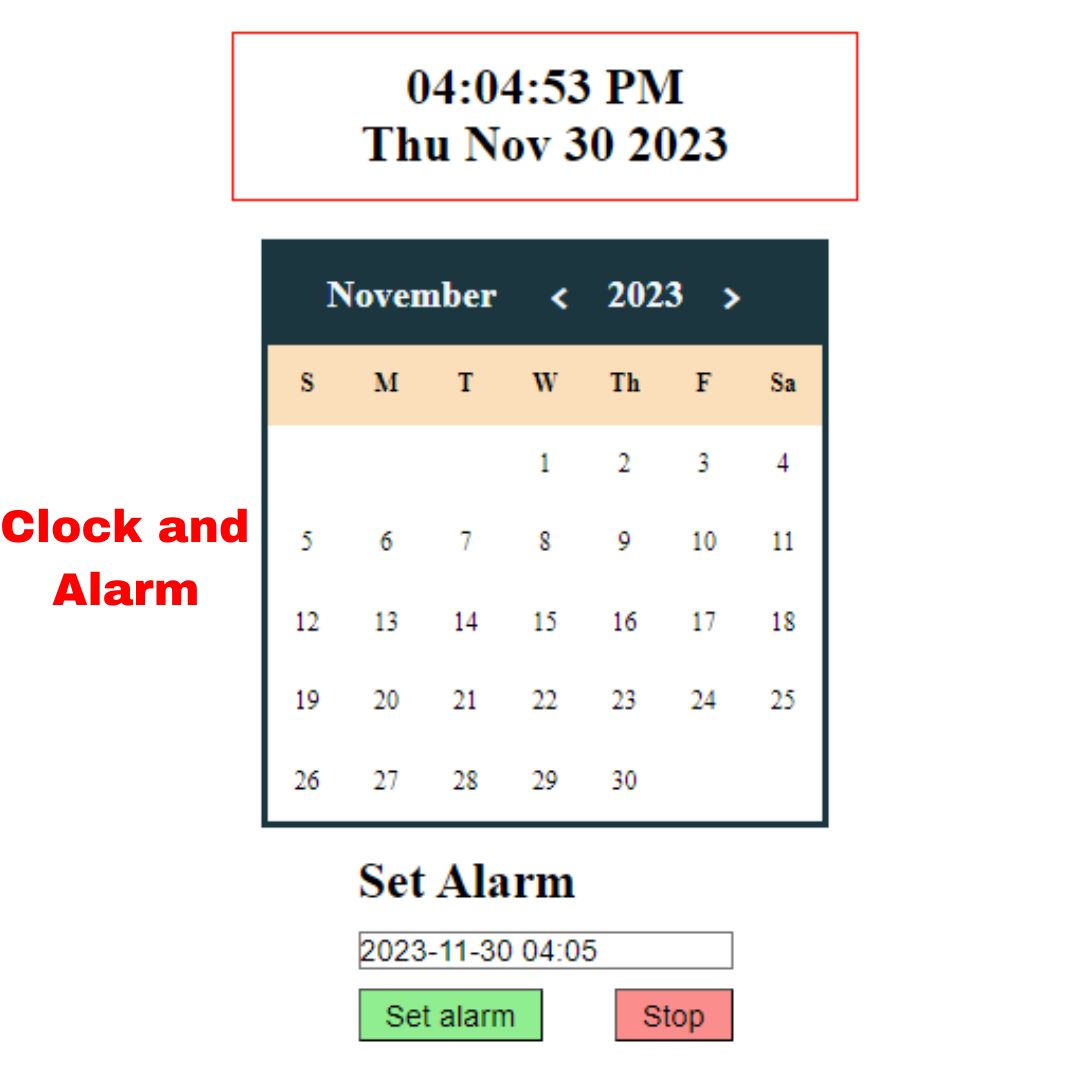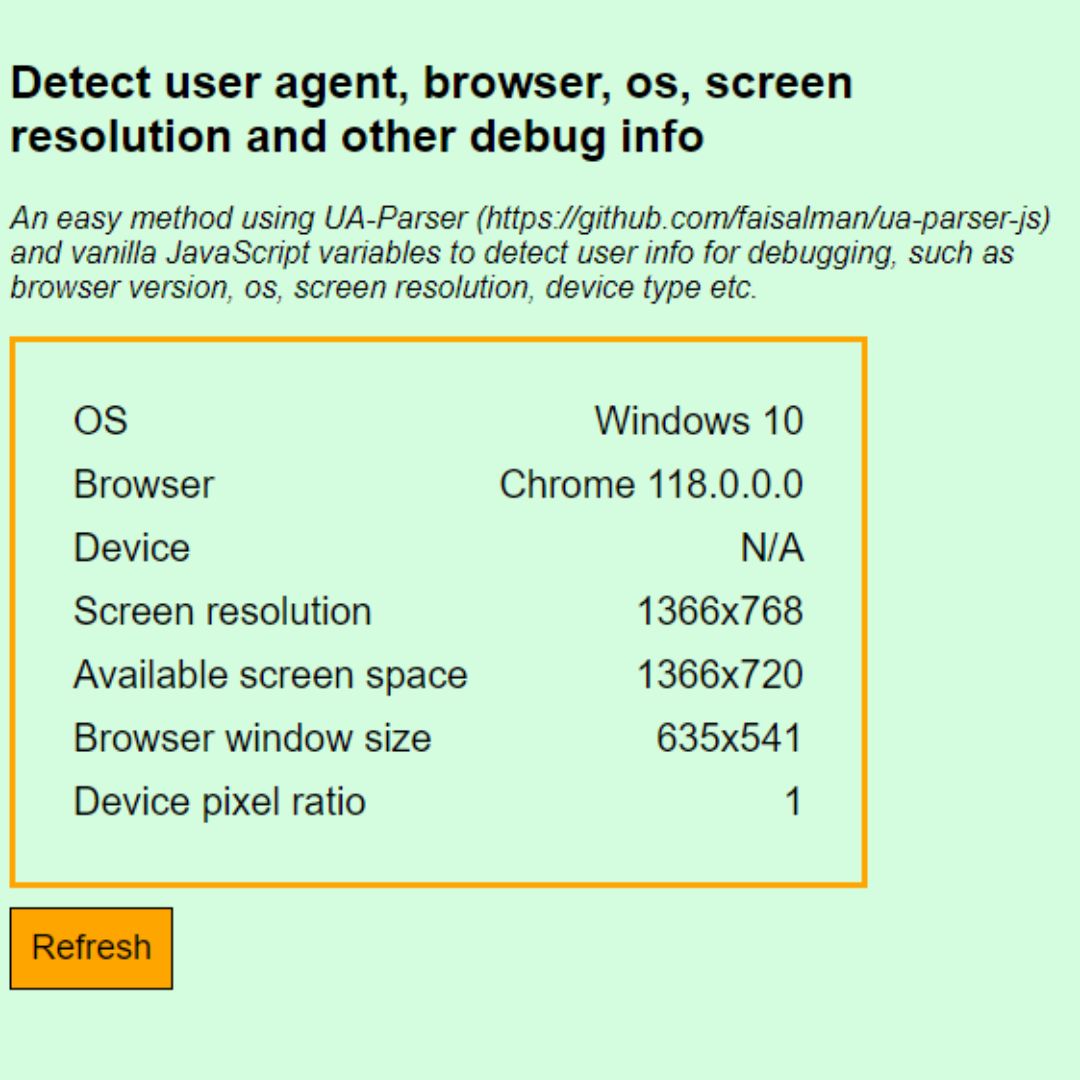Learn how to create a simple calculator in C programming with this easy-to-follow guide. Ideal for beginners, this tutorial covers each step with clear examples.

Creating a simple calculator in C is a great way to practice your programming skills. Whether you're new to C programming or just looking to refresh your knowledge, this guide will walk you through the process step by step. By the end, you'll have a fully functional calculator that can perform basic arithmetic operations like addition, subtraction, multiplication, and division. Let's get started!
Step-by-Step Guide to Creating a Calculator in C
Step 1: Setting Up Your Environment
Before you start coding, make sure you have a C compiler installed on your computer. You can use popular tools like GCC or an integrated development environment (IDE) like Code::Blocks or Dev-C++. Once your environment is ready, create a new project and name it something like "Calculator."
Step 2: Include the Necessary Header Files
In C programming, you need to include specific header files to use certain functions. For this calculator, we will use the standard input-output functions, so include the stdio.h header at the beginning of your code.
#include <stdio.h>
Step 3: Define the Main Function
The main function is where your program starts executing. You’ll declare variables to store the numbers and the result, and a character variable to store the operator.
int main() {
char operator;
double num1, num2, result;
// Your code will go here
return 0;
}
Step 4: Get User Input
Next, you'll prompt the user to enter two numbers and the operation they want to perform. Use printf to display messages and scanf to read the input.
printf("Enter first number: ");
scanf("%lf", &num1);
printf("Enter an operator (+, -, *, /): ");
scanf(" %c", &operator);
printf("Enter second number: ");
scanf("%lf", &num2);
Step 5: Perform the Calculation
Based on the operator entered by the user, the program should perform the corresponding operation. You can use an if-else or switch statement for this.
switch (operator) {
case '+':
result = num1 + num2;
break;
case '-':
result = num1 - num2;
break;
case '*':
result = num1 * num2;
break;
case '/':
if (num2 != 0)
result = num1 / num2;
else {
printf("Error! Division by zero.\n");
return 1; // Exit the program
}
break;
default:
printf("Invalid operator.\n");
return 1; // Exit the program
}
printf("Result: %.2lf %c %.2lf = %.2lf\n", num1, operator, num2, result);
Step 6: Compile and Run the Program
After writing the code, save your file with a .c extension, for example, calculator.c. Open your command line or terminal, navigate to the folder containing your file, and compile the program using your C compiler. For example, with GCC, you can use the following command:
gcc calculator.c -o calculator
If there are no errors, an executable file named calculator (or calculator.exe on Windows) will be created. Run the program by typing ./calculator in your terminal.
Step 7: Testing the Calculator
Once the program is running, test it by entering different numbers and operators. Make sure it handles all cases, including division by zero and invalid operators. If the calculator works as expected, congratulations! You've successfully created a simple calculator in C.
Conclusion
Creating a calculator in C is a great project for beginners. It helps you understand how to work with user input, perform basic arithmetic operations, and use control statements like if-else and switch. By following this guide, you now have a fully functional calculator that you can expand upon or use as a foundation for more complex projects. Keep practicing, and you'll continue to improve your C programming skills.
That’s a wrap!
I hope you enjoyed this article
Did you like it? Let me know in the comments below 🔥 and you can support me by buying me a coffee.
And don’t forget to sign up to our email newsletter so you can get useful content like this sent right to your inbox!
Thanks!
Faraz 😊


